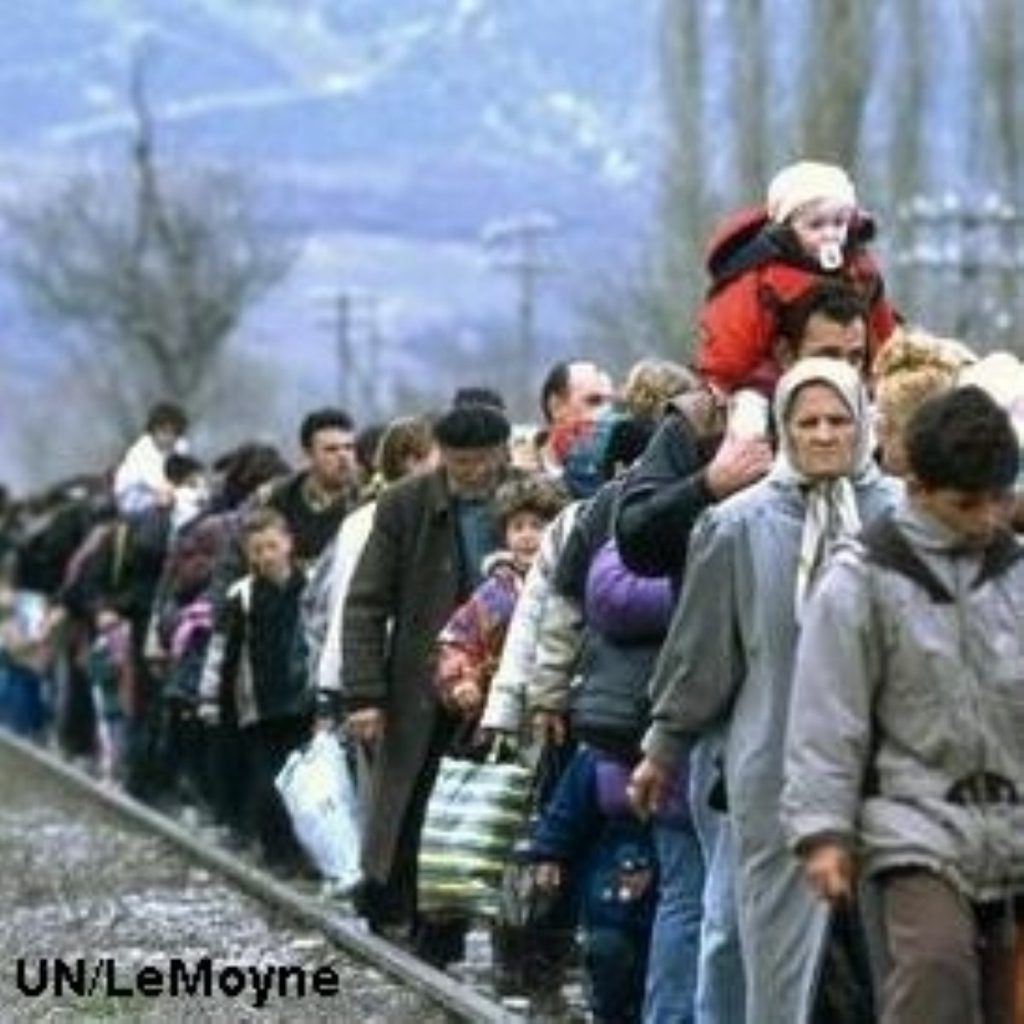Refugees ‘let down by UK govt’
The government has been accused of hypocrisy over its asylum seeker policy towards refugees as the UN marks World Refugee Day.
Independent charity Refugee Action’s Steve Rylance told politics.co.uk the UK government is “fudging the issue” of asylum applicants from Zimbabwe and wants a reform of existing rules.
Mr Rylance said the Home Office’s “unofficial policy” has changed since the recent escalated situation in Zimbabwe and that the “strong stance” taken by the Foreign Office internationally should be reflected in domestic asylum policy.
A Home Office spokesman responded by insisting the Foreign Office and Home Office’s respective stances on Zimbabwe are not incompatible, however.


Mr Rylance said the government asks many applicants to sign an agreement for voluntary return. Three weeks after this their basic allowance ends, leaving them facing a choice between returning to their home country and “destitution” here.
“[British immigration authorities] may say, ‘we believe that you suffered this persecution, but we don’t think it’s likely it will happen to you again if you return’,” he explained.
“If people have seen their families murdered in front of their eyes, those kind of assurances don’t necessarily allay their very understandable fears. I meet clients on a daily basis who are literally terrified of coming home.”
A government spokesperson told politics.co.uk it is currently deferring enforced returns to Zimbabwe but explained this was not related to the current situation. An adjourned permission hearing over rulings by the asylum immigration tribunal is responsible.
“Zimbabwe remains a priority for the government,” the spokesperson continued.
“We will continue to do everything we can to ensure a better future for Zimbabweans: a democratic and accountable government, respect for human rights and the rule of law, and policies which ensure economic stability and development. However, not every Zimbabwean in the UK needs asylum.”
Refugee Action wants the government to offer humanitarian protection based on EU principles of “serious and individual threat to a civilian’s life or person by reason of indiscriminate violence in situations of international or internal armed conflict”.
At present the 1951 UN convention on refugees places the onus on applicants to show an individual risk to themselves and that they have been “singled out”.
This is unfair, Mr Rylance says, because in many areas – like Sudan’s Darfur region – it can be difficult to show they are more in danger than others around them.
“They are put in an impossible situation where they can either stay and starve on the streets of Britain and spiral into desperate circumstances, reduced to begging in some cases, or going back to face something they’re very frightened of,” he added.
“We think this is inhumane and we want the government to introduce some flexibility and compassion into the asylum system.
“Let’s give groups like that some form of temporary leave to remain.”
It is calling on those sympathetic to its aims to sign a letter to home secretary Jacqui Smith and foreign secretary David Miliband asking: “Please don’t use destitution as a tool to try and make people return to terrible situations.”
The Home Office spokesperson said the government provided measures to avoid destitution and sought to ensure all are treated “with respect and humanity”.









